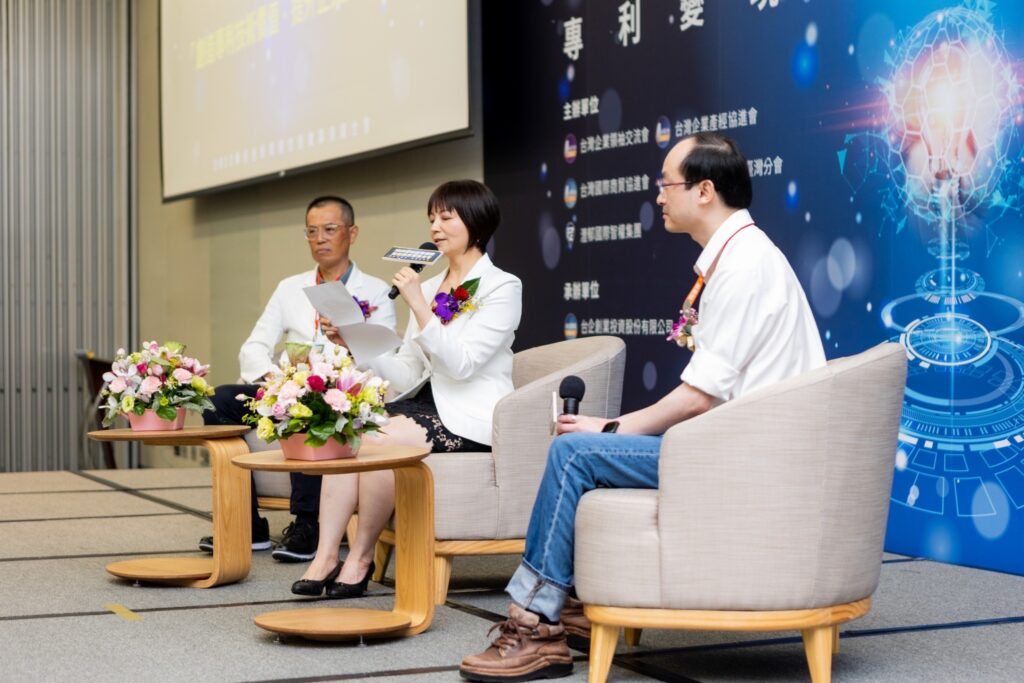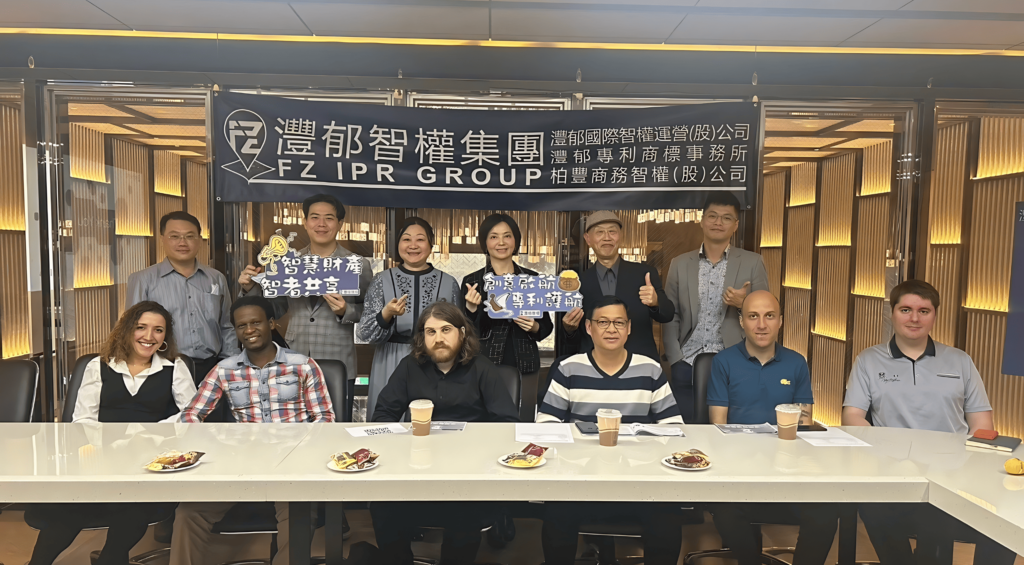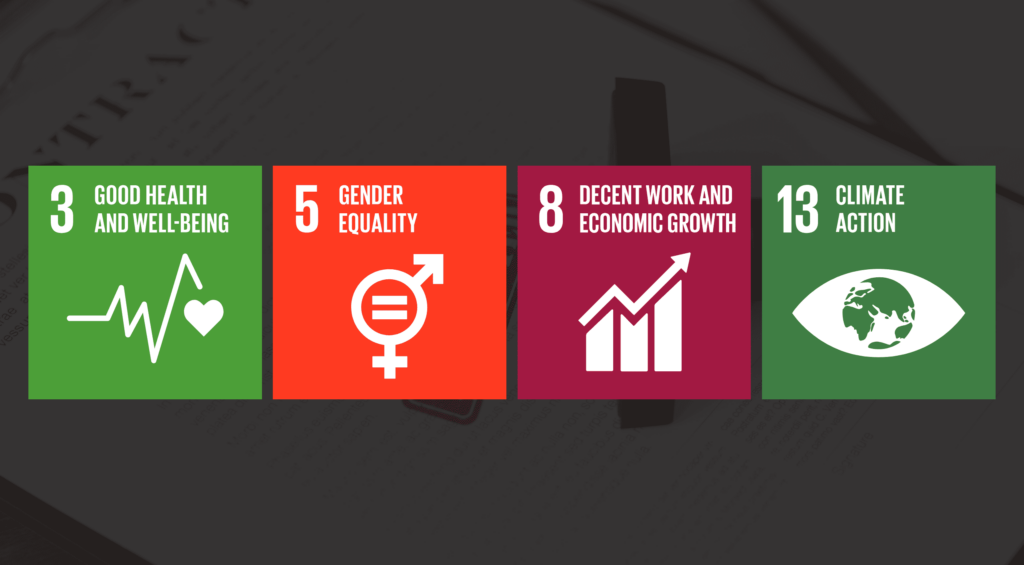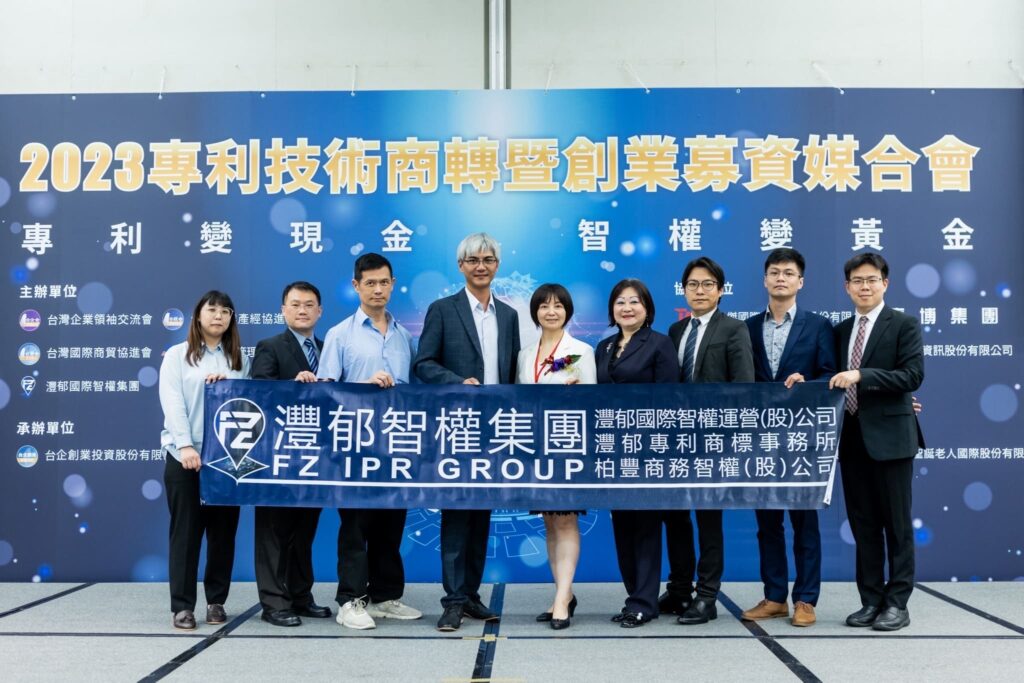As the global patent industry faces the twin forces of the AI revolution and the rise of decentralisation, a quiet yet profound shift is taking place, moving from the mere “registration of rights” towards the “realisation of value”. Intellectual property, once regarded solely as a defensive shield for companies, is increasingly being redefined as a strategic asset. It can generate cash flow, raise corporate valuation, and serve both as leverage in negotiations and as a foothold in competitive markets.
Across Europe and the United States, major law firms continue to dominate the lucrative fields of patent licensing and litigation while quickly aligning themselves with emerging technologies. In Southeast Asia, supply chain restructuring combined with a surge of innovative applications has turned the region into a proving ground for multinationals eager to experiment. In contrast, many Asian businesses still cling to the outdated belief that patents are nothing more than a cost centre, overlooking their potential as levers of value creation and as pillars for long-term sustainability.
It is at this very turning point that Miir Chen, Founder of FZ Patent & Trademark Ltd., has carved her own path, evolving from “patent analyst” to “corporate value architect”. In an interview with《The Icons》 International Leaders Magazine, she reflected on her philosophy: “Patents have never been just about protection. At the highest level, they enable companies to expand, to monetise, and even to reshape the entire landscape.”
For Chen, patents are not a static line of defence but a dynamic tool of capital strategy. They can guide businesses through geopolitical risks, strengthen valuation, and provide weight at the negotiating table. The mission of FZ Patent & Trademark Ltd. is to help Asian companies capture these opportunities in times of change, ensuring that every innovation ceases to be a cost and instead becomes a source of genuine value.
“What I most want to achieve,” Chen explained, “is to help every business recognise its potential, and to turn every single patent into the starting point of future cash flow.”
From Paper Analysis to Industry Practice: The Original Aspiration of Entrepreneurship
While most intellectual property firms continue to focus on “applications” as their core service, Miir Chen chose instead to begin with “analysis”, breaking away from the linear logic of the traditional patent industry. Rather than waiting until a company presents its technology before drafting a patent, she works with businesses at the very inception of an idea, mapping out potential patent landscapes and forecasting future value structures.
“I started my career in patent analysis,” Chen recalls. “Through analysis I realised that patents are not just something to be written down. They can in fact predict the direction of technology three to five years ahead.”
This foresight has become the foundation of FZ Patent & Trademark Ltd. The firm does not simply submit documents on behalf of clients; it positions itself as a strategic partner, engaged from the very beginning of value creation and supporting decision-making at the highest level.
Reflecting on her early days in the field, Chen remembers the shock of discovering how many treated patents as an afterthought: “I noticed that patents were often considered the last step, something to deal with once the technology was complete. But in truth, if there is no strategy at the outset, patents cannot truly fulfil their purpose.”
From this insight, she developed her own professional methodology: starting from market demand, aligning with research possibilities, and planning ahead with strategic foresight. “Most engineers begin by writing,” she explains, “but I begin by observing.”
Chen insists on always approaching patents from the perspective of a company’s future operating environment. “I do not wait for clients to tell me what they want to apply for. I help them identify where the value and potential lie, and then design an entire intellectual property strategy around that.”
This distinctive role quickly set FZ apart from conventional firms in its early years. Rather than producing technical documents, Chen helps companies draft commercial blueprints that resonate with investors, connect to global markets, and open the door to licensing opportunities. “What I want us to achieve,” she stresses, “is to show companies the potential value they may realise in three to five years, not simply wait for them to come and tell me what they need.”
This, she notes, is not only her original aspiration but also the defining strength that continues to draw leading innovators and start-ups to collaborate with FZ. It is not merely about filing patents; it is about foreseeing the next market before businesses themselves are even aware of it.

Intellectual Property Management: The Second Balance Sheet for Entrepreneurs
While many companies still regard patents as passive expenses, legal obligations, or simply certificates to be locked away in a cabinet, FZ Patent & Trademark Ltd. has long advanced a more sophisticated interpretation. For Miir Chen and her team, patents are transformed into quantifiable assets that act as genuine levers for growth and fundraising.
“Many business owners have no idea that patents can in fact be monetised,” is a phrase often repeated in FZ’s meeting rooms. For start-ups, patents are often viewed as little more than tickets to government subsidies, accelerators, or listing processes, yet very few truly understand how to unlock their wider value.
Chen quickly recognised that what most companies lacked was not the technology itself, but the methodology to convert technology into an asset. “With sound planning, the right positioning, and the patience of time, patents can add several zeros to a company’s worth at critical moments.”
Within FZ’s service framework, patents are not documents to be processed after R&D has concluded. They are strategic assets that must be embedded into the business model from the very start of the entrepreneurial journey. This is why FZ often begins working with clients in their earliest days, even while products remain in the trial phase.
“From the outset, we help founders plan their patent structures three years ahead, so that by the third to fifth year, they hold genuine value. That is the thinking behind our approach,” Chen explains.
To illustrate: in the first year, FZ helps clients secure key patents; in the second, it establishes a link between technology and market demand; in the third, it integrates business models with patent portfolios. The result is an intellectual property asset roadmap, one that allows companies to present a coherent story to investors.
This is far more than clerical work. It is a strategic process of value design. It is also the reason why FZ has attracted a large number of promising start-ups, with more than seventy per cent of its clients coming from early-stage or technology-intensive teams.
“Patents are not ornaments. They belong in the asset column of your investment pitch,” Chen remarks, capturing her determination to overturn conventional perceptions. What distinguishes FZ from traditional firms is precisely this: it does not merely draft applications, but designs a full evolutionary path for intellectual property, moving from technology to monetisation.
“For us, patents are not the end result. They are an integral part of corporate strategy. As long as you are on the path of innovation, we can help you turn it into visible, negotiable, and investable value.”
Beyond Expansion Abroad, The Market Finds Its Way to You
When many companies still reduce “internationalisation” to nothing more than placing their products in overseas markets, Miir Chen advocates a very different perspective. For her, it is not about setting sail, but about allowing the market to come to you. In FZ Patent & Trademark Ltd.’s approach, internationalisation is not an expensive gamble, but a carefully calculated contest of foresight and timing.
“People often ask me: which national market should I enter? My answer is that it is not about which market looks largest today, but which one will come knocking on your door three years from now.”
In its internationalisation consultancy, FZ does not rely solely on market size or linguistic convenience. Instead, the team considers a wide range of factors, including GDP growth rates, demographic structures, intellectual property filing density, and the degree of openness to technology adoption. These are then combined with FZ’s proprietary country-ranking analysis model to create a “global radar” that identifies where businesses should secure their positions three years ahead of opportunity.
Chen offers the example of Vietnam. A Taiwanese firm had initially shown little interest in ASEAN markets, yet FZ’s analysis revealed a clear gap for their product and highlighted recent strengthening of Vietnam’s intellectual property framework. Without even conducting active promotion, the company later received an unsolicited invitation from a Vietnamese distributor. “What we deliver is not just an analytical report,” Chen explains, “but a form of foresight-driven decision-making that places you in position before opportunities are even visible.”
When it comes to Europe and the United States, FZ’s strategies are even more precise and cautious. Chen discourages companies from treating these regions as entry-level testing grounds. Because intellectual property protection in these markets is exceptionally strict, poor preparation can result in lawsuits and devastating damages. “The European and American markets are not for testing, they are for decisive battles.” Accordingly, FZ ensures that businesses entering these arenas possess robust patent portfolios, complete trademark registrations, and thorough reviews of potential infringement risks. The firm also supports simulations of regulatory responses and import clearance procedures, steps that can help companies avoid losses running into millions.
Most importantly, this approach means that FZ is not merely a legal safeguard, but also a risk radar and strategic guide for businesses preparing to enter the international stage. “What we offer is not expansion, but foresight. True internationalisation is not about knocking on doors; it is about being ready when the market comes knocking on yours.”

Staying Ahead of Change: Navigating Geopolitics and Cultural Divides Through Patent Strategy
In an era marked by supply chain disruptions and the shadow of trade wars, businesses no longer face the challenges of individual regulations alone, but rather systemic risks where one shift can ripple across the entire network. Against this backdrop, FZ Patent & Trademark Ltd. does more than simply assist with patent applications. It acts as a kind of “business weather forecaster”, providing companies with a panoramic view that allows them to plan ahead, build in flexibility, and navigate the storm.
“Patents move slowly, politics moves fast,” observes Miir Chen, her words carrying both insight and caution. This is not a statement of helplessness, but a pragmatic reminder: if companies are to survive in volatile conditions, their planning must stay ahead of policy shifts and emerging trends.
She recalls a striking case involving a Taiwanese client who had planned to set up a factory in China, only to be caught in the escalating tariffs of the US–China trade dispute. “We designed a segmented strategy,” Chen explains, “where the final assembly was relocated to Vietnam, local labelling was applied there, and the products were then exported under a Vietnamese origin.”
This was far more than a regulatory adjustment. It was a systematic integration spanning supply chain design, certification of origin, ownership of patent rights, and even customs clearance strategies. What FZ provided was never a single solution, but rather a “system of choices” that allowed the business to move forward with resilience despite multiple constraints. “We are not merely legal practitioners,” Chen notes, “we help businesses carve a path through the intersection of geopolitics and markets.”
Beyond policy shifts, cultural barriers also present costly and often overlooked risks for companies venturing abroad. FZ has long observed how many Western firms stumble in Asia, where insufficient cultural understanding leads to failed product launches, stalled licensing negotiations, or even invalidated intellectual property.
“Many European and American clients do not fully grasp Asian culture. We act as a cultural translator, helping them truly establish a foothold,” Chen explains. While she acknowledges that AI will inevitably replace parts of the administrative workload — translation, submissions, and annuity payments — she emphasises that cross-cultural understanding and the trust required for entering unfamiliar markets will always depend on human connection.
“AI can file your documents, but it cannot grasp the sentiment of a local distributor, nor can it translate the grey areas of regulation into human terms,” she adds with a smile. And therein lies the very value of FZ.
The firm has firmly positioned itself along this line, not as a mere executor of regulations, but as the most reliable strategic integrator and cultural intermediary for companies preparing to step onto the global stage.
Sustainability Is Not a Statement, but the Temperament and Attitude Shaped by Institutional Choices
For most people, ESG may be nothing more than the metrics of an annual report or a set of figures presented to investors. For FZ Patent & Trademark Ltd., however, sustainability is not a slogan to be displayed, but a language embedded deep within the organisation’s decision-making fabric.
The firm does not manufacture carbon emissions, nor does it have energy-saving KPIs in its processes. Yet Miir Chen has chosen another path to practise sustainability: building warmth into systems and preserving humanity in governance. It is not about branding through slogans, but about shaping culture through choices.
She recalls the case of a team member who had long been commuting between regions due to family and personal commitments, a situation that created significant strain. Instead of leaving her to manage the challenge alone, or brushing aside the complexity, FZ initiated an internal adjustment. The colleague was reassigned to the Tainan office, while colleagues elsewhere stepped in to support paper-based tasks originally handled in Taoyuan. Though seemingly a small organisational mechanism, it reflected a profound commitment to human-centred governance.
These institutional choices are not simply acts of kindness. They form part of a replicable, extendable logic within corporate culture. They align with the United Nations Sustainable Development Goals: Good Health and Well-being (Goal 3), by supporting work–life balance; Gender Equality (Goal 5), by recognising flexibility and care responsibilities; and Decent Work and Economic Growth (Goal 8), by upholding dignity in the workplace and fostering long-term retention. At the same time, reducing long-distance commuting contributes directly to Climate Action (Goal 13), making lower carbon emissions a natural by-product of thoughtful decision-making. “Sustainability is not about gestures. It is about whether, when you make choices within your systems, you truly place people at the heart,” Chen reflects.
In her view, ESG is not a tool for polishing corporate image, but a practice in trust: whether companies are willing to believe in people, to understand them, and to adapt processes to become more organic and humane. Only then, she suggests, can a corporate culture genuinely grow into the future.
At FZ, warmth is not projected through marketing language, but through deliberate choices, careful design, and a systematic approach to people-centred governance. In this way, sustainability becomes the organisation’s natural rhythm of breathing.

Turning Intellectual Property into the Starting Point of Value Flow and the Engine Driving Brand Growth
Patents should never be left as a forgotten stack of documents in a company’s cabinet. For FZ Patent & Trademark Ltd., intellectual property represents untapped potential, an additional layer of corporate assets yet to be realised. It is with this perspective that Miir Chen has led the firm to extend its vision, not only assisting businesses with their application processes, but also opening the door for promising technologies and products to reach international markets.
Chen has introduced the concept of the “FZ Select” platform, which identifies products with strong patent advantages and supports them further by connecting to international distribution and agency networks. This evolution from technology promotion to brand promotion signifies a deeper level of involvement: no longer confined to documentation, but directly engaged in amplifying and grounding enterprise value.
This philosophy defines FZ’s approach to intellectual property management: not standing outside the industry to offer advice, but actively working within it to drive value forward.
At a time when AI is reshaping the very role of the patent industry, FZ is far more than a conventional consultancy. It has positioned itself as a strategic partner that sees ahead, mapping the pathways for asset transformation. Through her cultural fluency, policy sensitivity, and people-centred perspective, Chen has reinterpreted patents from mere legal rights into levers of capital, engines of brand growth, and springboards for international expansion.
FZ has brought intellectual property to life, ensuring that Asian innovation is not only noticed, but also understood, accepted, and recognised.
“I believe the true value of patents lies in their ability to take businesses where they could not have gone before. To transform technology into brand, innovation into capital, and the future into reality.”

Recommend for you: